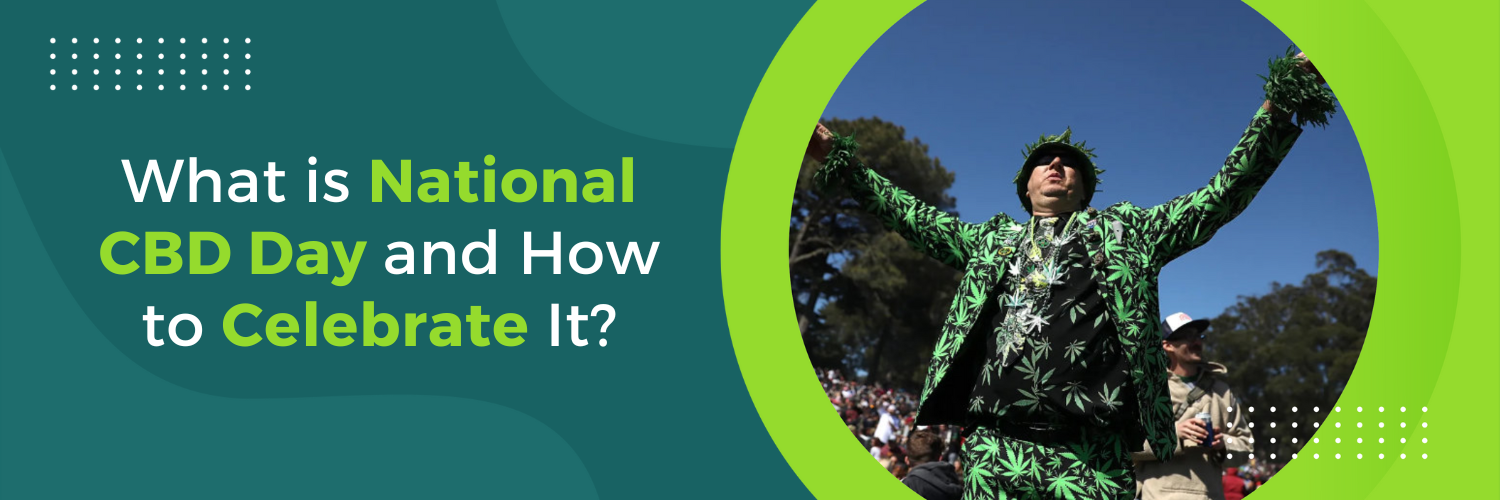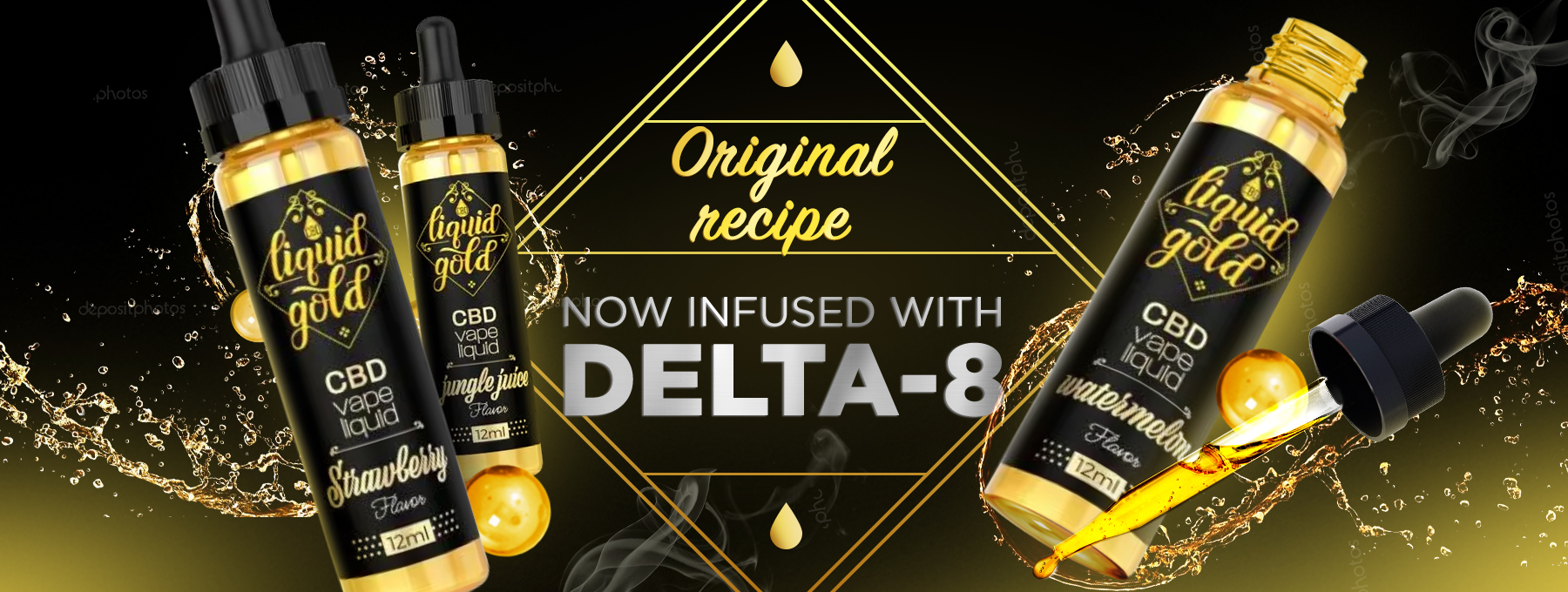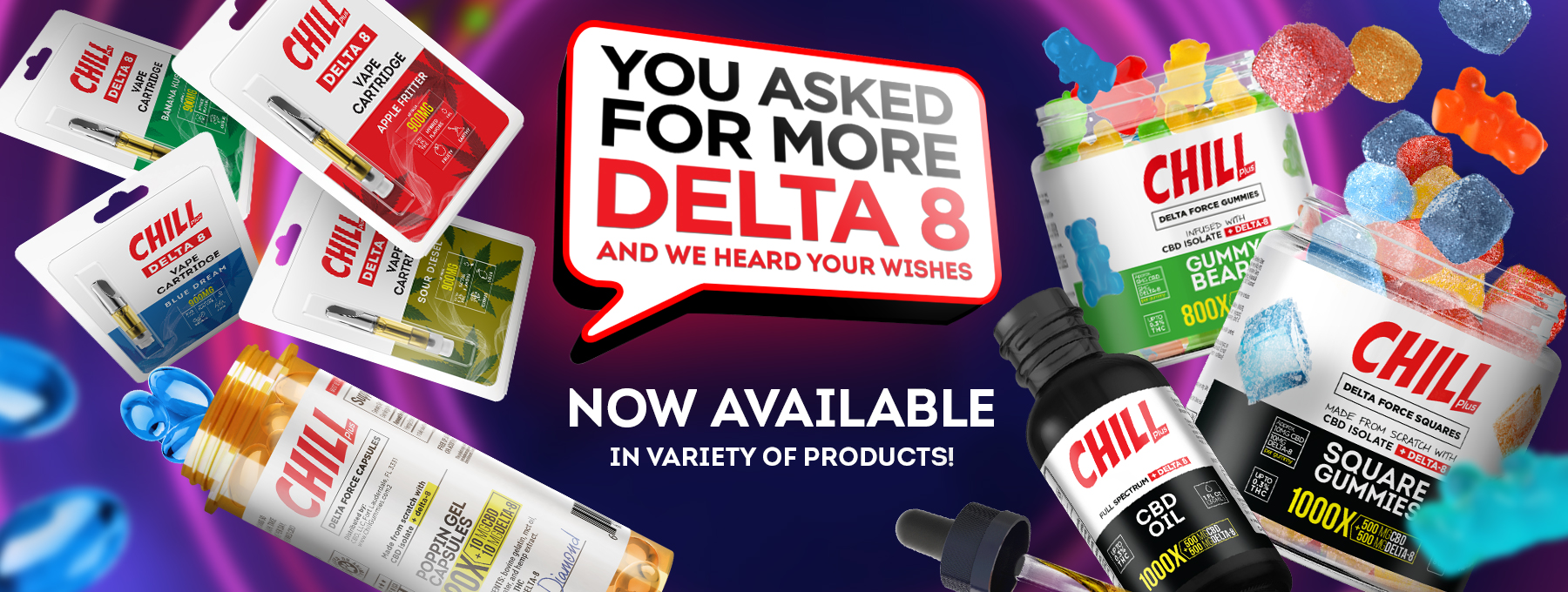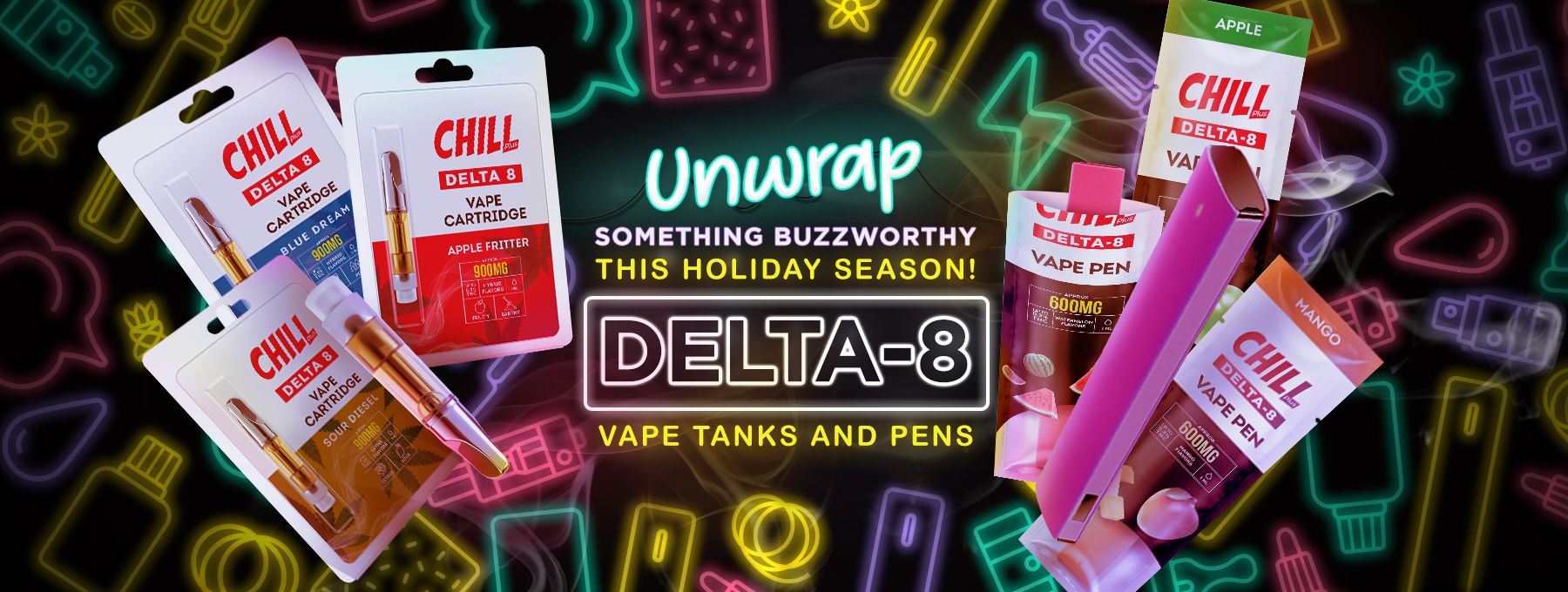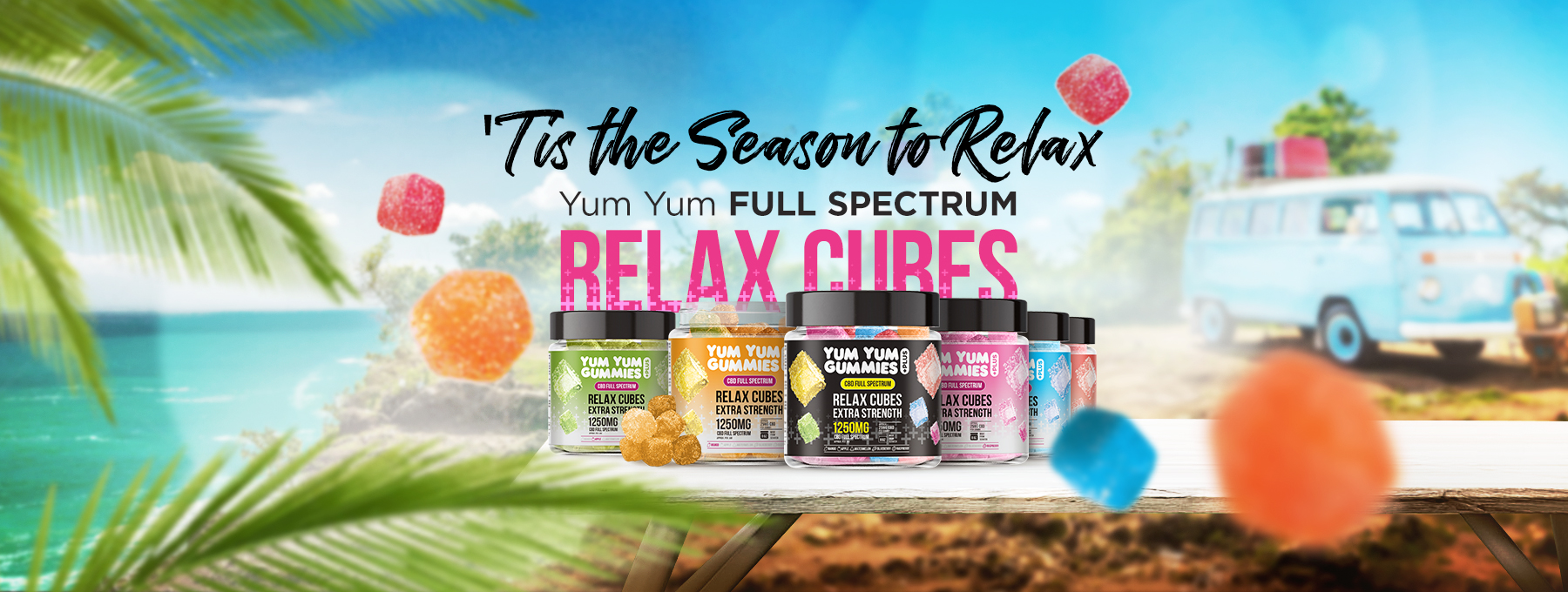What is National CBD Day?
National CBD Day is celebrated annually on the 8th of August. This particular day of celebration was officially observed from August 8, 2018, as proclaimed by the Registrar at National Day Calendar. The day was founded by cbdMD to bring awareness to the benefits that CBD (cannabidiol) offers to millions of people each year.
Origins of National CBD Day trace back to the growing recognition of CBD’s potential benefits and the need to foster education and research in the field. This special day is an initiative by CBD advocates, organizations, and businesses that believe in the transformative effects of CBD on individuals’ well-being. It serves as an occasion to unite the CBD community and provide a platform for sharing knowledge and experiences.
What is the Purpose of National CBD Day?
- Firstly, it aims to raise awareness about CBD’s medicinal and therapeutic applications, fostering a deeper understanding of its effects on the human body.
- Secondly, the day seeks to promote ongoing research and studies on CBD to explore its full potential and possibilities for future medical advancements.
- Lastly, National CBD Day encourages responsible use and ensures consumers are well-informed about CBD products’ quality and safety.
The health and wellness industry has witnessed an unprecedented increase in CBD usage. With the rise of holistic health practices and a growing focus on natural remedies, CBD has emerged as a promising option for various conditions. From managing chronic pain, anxiety, and sleep disorders to providing relief for epilepsy and even potentially combating certain skin issues, CBD has captured the attention of researchers and health professionals alike.
The Benefits of CBD
CBD, short for cannabidiol, has gained significant attention in recent years due to its potential health benefits. As one of the many cannabinoids found in the cannabis plant, CBD has been the subject of extensive research, and while more studies are needed, there is growing evidence supporting its therapeutic properties.
Here are some of the key benefits of CBD:
- Pain Relief: One of the most well-known uses of CBD is for pain management. CBD interacts with the endocannabinoid system in the body, which plays a role in regulating pain perception. Studies have suggested that CBD may help reduce chronic pain associated with conditions such as arthritis, multiple sclerosis, and neuropathic pain.
- Anxiety and Stress Reduction: CBD has been reported to have calming effects and may help reduce anxiety and stress. Some research indicates that CBD can influence the brain’s receptors for serotonin, a neurotransmitter involved in regulating mood and social behavior.
- Sleep Improvement: Many people use CBD to address sleep issues and improve the quality of their sleep. By promoting relaxation and reducing anxiety, CBD may help individuals fall asleep faster and experience deeper, more restful sleep.
- Anti-Inflammatory Properties: CBD exhibits anti-inflammatory properties, which can be beneficial for conditions where inflammation plays a role, such as arthritis, inflammatory bowel disease, and skin conditions like acne.
- Epilepsy Treatment: The FDA has approved a CBD-based medication, Epidiolex, for the treatment of certain rare and severe forms of epilepsy, such as Lennox-Gastaut syndrome and Dravet syndrome. Clinical trials have shown that CBD can significantly reduce the frequency of seizures in these conditions.
- Neuroprotective Effects: Some studies suggest that CBD may have neuroprotective properties, meaning it could potentially protect the brain from damage and degeneration. This has led to investigations into its potential role in conditions like Alzheimer’s and Parkinson’s disease.
- Addiction Management: Preliminary research indicates that CBD may have a role in managing substance addiction by affecting the brain’s reward system. It has been studied in the context of tobacco and opioid addiction, with promising results.
- Skin Health: CBD’s anti-inflammatory and antioxidant properties may benefit the skin, making it a popular ingredient in skincare products. It could help reduce acne, soothe irritated skin, and support overall skin health.
- Antipsychotic Effects: Although more research is needed, some studies have suggested that CBD may have antipsychotic effects and could be helpful in managing conditions like schizophrenia.
CBD Industry and Market Trends
Here are some key industry and market trends in the CBD space:
- Market Size and Growth: The CBD market has expanded rapidly, and it is projected to continue growing at a significant rate. Market research reports estimate that the global CBD market could reach billions of dollars in the coming years. The legalization of hemp-derived CBD in many countries has been a major driving force behind this growth.
- Diverse Product Offerings: CBD products come in various forms to cater to different consumer preferences. Some of the most popular product types include CBD oils, tinctures, capsules, edibles (such as gummies), topicals (creams, balms), and even CBD-infused beverages. This diverse range of products ensures that consumers have multiple options to choose from based on their specific needs and lifestyle.
- Mainstream Acceptance: CBD has transitioned from a niche alternative remedy to a mainstream health and wellness product. Its increasing acceptance and normalization have been facilitated by high-profile endorsements, media coverage, and celebrity endorsements.
- Integration into Mainstream Industries: CBD is being integrated into various mainstream industries. CBD-infused beauty and skincare products, as well as CBD beverages and food items, have become popular offerings in the beauty and food industries, respectively. Additionally, CBD has found its way into pet care products, targeting the rapidly growing market for CBD products for pets.
- Regulation and Legality: The regulatory landscape for CBD varies significantly from one country to another, as well as within individual states or regions. While hemp-derived CBD with low THC content (typically less than 0.3%) is legal in many countries, cannabis-derived CBD with higher THC levels may still be restricted. The legal and regulatory environment can impact product availability, marketing, and distribution.
- Quality and Safety: As the CBD market grows, ensuring product quality and safety becomes increasingly important. Reputable companies invest in third-party testing to verify the potency and purity of their products, providing consumers with confidence in their purchases. However, the lack of standardized regulations can make it challenging for consumers to navigate the market and identify trustworthy products.
- Investment and Innovation: The rapid growth of the CBD industry has attracted significant investment and encouraged innovation. New technologies and extraction methods are continually being developed to improve CBD production efficiency and enhance product quality. Moreover, companies are exploring novel delivery methods and formulations to cater to diverse consumer preferences.
- Consumer Education: With the expansion of the CBD market, there is a growing need for consumer education. Many consumers are still unfamiliar with CBD’s potential benefits, proper usage, and dosage. Companies, organizations, and health professionals play a crucial role in providing accurate information to consumers and promoting responsible use.
- International Trade: The global nature of the CBD market has facilitated international trade and export of CBD products. Countries with established hemp cultivation and CBD production have been exporting to markets where CBD is legal, contributing to the market’s globalization.
How to Celebrate National CBD Day?
National CBD Day offers several exciting ways to celebrate the occasion both individually and as a community. Individuals can take this opportunity to educate themselves about CBD by attending online seminars, workshops, or reading reputable sources about the latest research and developments in the field.
Community-based events organized by local CBD businesses and organizations can provide a platform for individuals to come together and share their experiences with CBD. These events may include informative talks, panel discussions, and product demonstrations.
For those already using CBD products, National CBD Day can be a chance to try out new products or take advantage of special discounts and promotions offered by various CBD companies. Engaging in social media discussions with hashtags related to National CBD Day can also help spread awareness and connect with like-minded individuals.
Debunking CBD Myths
Debunking CBD myths is crucial in ensuring that accurate information is available to the public. Misinformation can lead to confusion and may prevent individuals from exploring the potential benefits of CBD. Here are some common CBD myths debunked:
Myth 1: CBD Gets You High
Fact: Unlike THC (tetrahydrocannabinol), the psychoactive compound in cannabis, CBD is non-psychoactive. It does not produce the “high” or intoxicating effects associated with marijuana use. CBD interacts with different receptors in the endocannabinoid system, leading to therapeutic effects without altering one’s state of mind.
Myth 2: CBD Is Illegal Everywhere
Fact: The legal status of CBD varies from country to country and within different states or regions. In many countries, CBD derived from industrial hemp (containing less than 0.3% THC) is legal, while cannabis-derived CBD may have more restrictions. It is essential to check local laws and regulations to understand the legal status of CBD in your area.
Myth 3: All CBD Products Are the Same
Fact: CBD products can vary significantly in terms of quality, potency, and formulation. Reputable companies invest in third-party lab testing to ensure their products are accurately labeled and free from harmful contaminants. Consumers should look for CBD products from trustworthy sources and check for lab reports or Certificates of Analysis (COAs) to verify product quality.
Myth 4: CBD Is Addictive
Fact: CBD is not considered addictive. In fact, the World Health Organization (WHO) has stated that CBD does not demonstrate the potential for abuse or dependence. Unlike THC, CBD does not activate the brain’s reward system in a way that leads to addiction.
Myth 5: CBD Is a Cure-All
Fact: While CBD shows promise in addressing various health conditions, it is not a cure-all or a magical solution. Its effects can vary depending on individual health conditions, body chemistry, and dosage. CBD should be seen as a complementary approach to overall wellness and should not replace professional medical advice or treatments.
Myth 6: CBD Is Only for Specific Health Conditions
Fact: CBD’s potential benefits extend beyond specific health conditions. It interacts with the endocannabinoid system, which plays a role in maintaining balance and homeostasis in the body. As a result, CBD may have a broad range of potential applications, including pain management, anxiety reduction, sleep improvement, and overall well-being.
Myth 7: CBD Has No Side Effects
Fact: While CBD is generally well-tolerated by most individuals, it can cause mild side effects in some cases. These side effects may include dry mouth, fatigue, diarrhea, and changes in appetite. However, these effects are typically mild and temporary. It’s essential to consult with a healthcare professional before starting any CBD regimen, especially if you are taking other medications or have underlying health conditions.
Myth 8: CBD Is a Sedative
Fact: CBD can have calming effects, but it is not a sedative in the same way as certain medications or drugs. While it may help improve sleep by reducing anxiety and promoting relaxation, it does not induce drowsiness or cause a “knockout” effect.
Debunking these myths helps to provide a clearer understanding of CBD’s properties and potential benefits. Consumers can make informed decisions and consider CBD as a viable option for their health and wellness needs when equipped with accurate information. As with any health supplement or product, it is essential to consult with a healthcare professional to determine the appropriate use and dosage of CBD based on individual circumstances.
Conclusion
National CBD Day serves as a reminder of the remarkable impact of cannabidiol on health and well-being. It offers us a chance to celebrate the strides made in the CBD industry and the growing recognition of its potential benefits. As we commemorate this day, let us embrace the opportunity to learn more about CBD, its diverse applications, and its role in promoting a holistic approach to wellness.
National CBD Day is a call to action for continued exploration, education, and responsible use of CBD. Whether you’re a seasoned CBD user or curious about its potential, join us in celebrating the power of cannabidiol and its promise to enrich lives for generations to come. Discover the transformative potential of CBD with Leaf Alleviate and take the next step towards a balanced and healthier lifestyle.
To explore more on high-quality CBD products, we encourage you to check out the offerings from Leaf Alleviate. Their commitment to transparency, third-party testing, and premium formulations ensures that you can confidently incorporate CBD into your daily routine. Visit their website to learn more about their range of CBD products, designed to address various health needs and preferences.
FAQs
Q: When is National CBD Day celebrated?
National CBD Day is celebrated annually on August 8, marking a day dedicated to raising awareness about the potential benefits of CBD and its impact on health and wellness.
Q: Who started National CBD Day, and why?
The origins of National CBD Day can be traced back to the collective efforts of CBD advocates, organizations, and businesses that recognized the need for a day dedicated to educating the public about CBD’s positive impact. It was initiated to foster awareness, research, and responsible use of CBD.
Q: Is National CBD Day a globally recognized event?
While National CBD Day has gained popularity and recognition, its observance might vary across different countries and regions. In some areas, it may be celebrated on a smaller scale, while in others, it could be more widely recognized.
Q: Are there any special discounts or promotions on CBD products during this day?
Yes, many CBD companies and retailers offer special discounts, promotions, and exclusive deals on National CBD Day. It is an ideal time for consumers to take advantage of these offers to try out new products or stock up on their favorite CBD items.
Q: Can people from all age groups participate in National CBD Day celebrations?
National CBD Day celebrations are typically open to people of all age groups. However, it is essential to consider the age restrictions for the use of CBD products in your country or state, as certain CBD products may not be suitable for minors.

